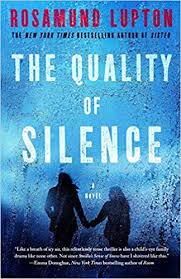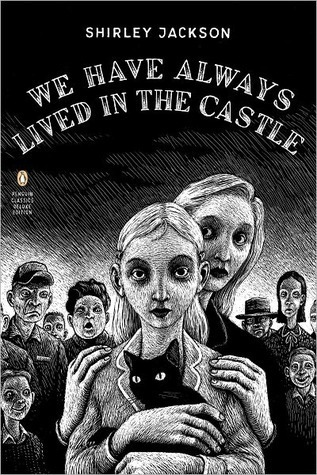Where the Crawdads Sing by Delia Owens
One by one Kya's family leaves her--her mother, her siblings, her beloved Jodie, and lastly her alcoholic and abusive father. Kya, whom the town calls "the marsh girl," learns to rely on herself and turns to the marsh for comfort.
While its difficult to fathom how she can do this, Kya learns to provide food for herself by bartering with a local bait shop owner, Jumpin'. She hides from anyone wanting to send her to the local school but eagerly learns to read from a local boy, Tate.
Shunned by the inhabitants of Barkley Cove, Kya learns to hide as skillfully as a deer. Part of Kya, however, still yearns to connect with the townspeople.
Maybe that's why she falls for Chase, the confident local rich kid who motors a flashy boat. By this point, Tate has also abandoned her--he has gone off to college.
Kya believes Chase's lies--that he loves her and intends to marry her. Only later will Kya comprehend the depth of his deception and it nearly destroys her.
This is an incredible story with many plot twists that keep readers guessing.
Mired with Kya's story is the story of the town itself and its prejudice towards her. When Chase turns up dead, the sheriff automatically accuses Kya.
Since childhood Kya has collected feathers, shells, and other marsh specimens. Just as Kya uses her intelligence to scientifically catalog her marsh specimens, Kya will use her intelligence to safeguard what she believes rightly belongs to her.
This debut spent many weeks on the New York Times best-selling list and will soon become a major film.














